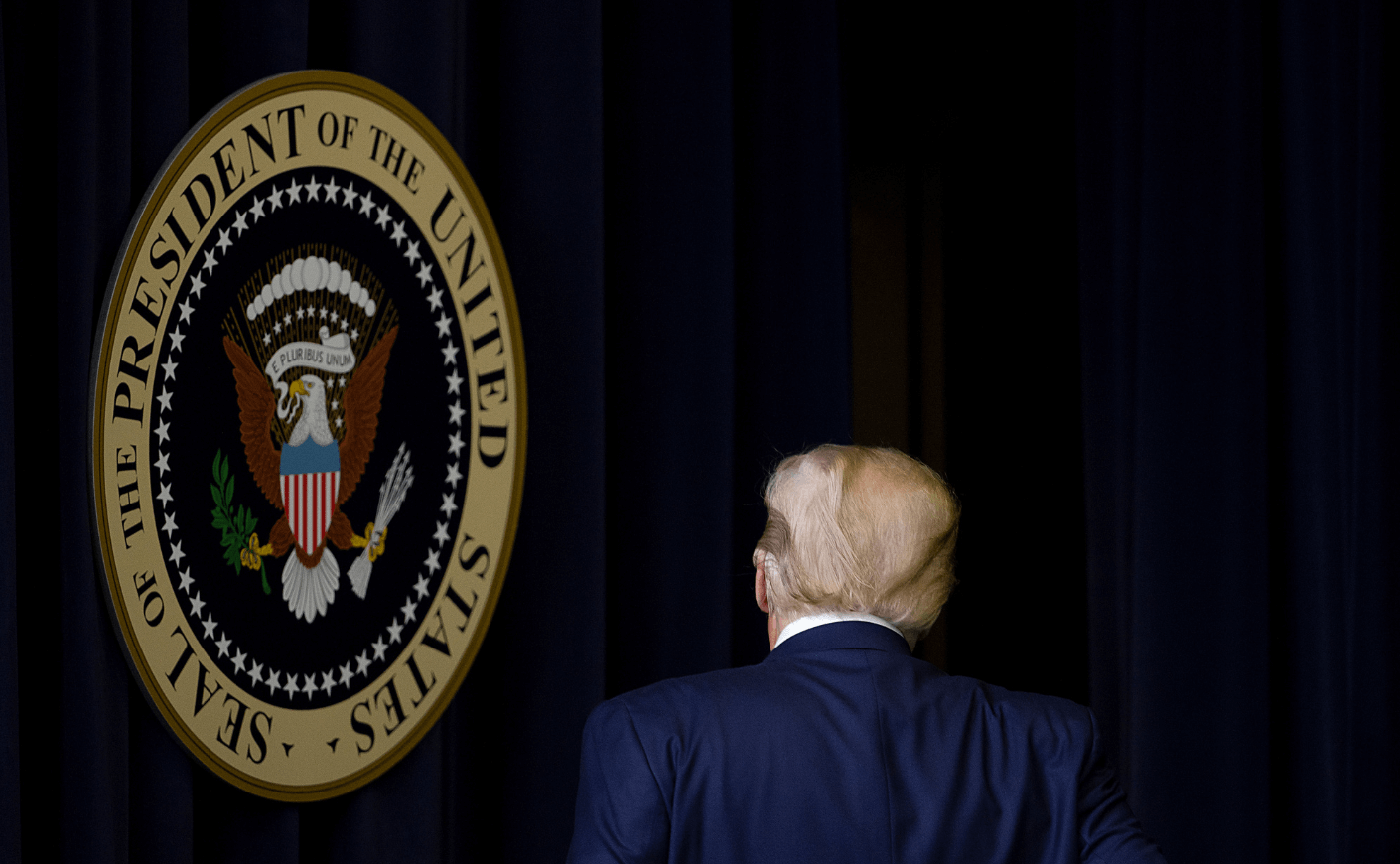On January 20, President Donald Trump signed an executive order to pull the United States out of the World Health Organization (WHO). This decision, his second attempt to withdraw from the WHO, reignites a controversial move first made during his presidency in 2020, which Joe Biden later reversed. Here's more on the order, and the implications it might have for both the U.S. and our allies abroad.
Why the U.S. is leaving the WHO
President Trump’s administration argues that the WHO has repeatedly mishandled global health crises, most notably the COVID-19 pandemic. A White House statement on Monday pointed to the organization’s "failure to adopt urgently needed reforms" and its "inability to demonstrate independence from the political influence of certain member states." The statement also asserted that the WHO had requested "unfairly onerous payments from the United States, far out of proportion with other countries' assessed payments." Essentially, the administration believes the WHO hasn’t lived up to its mission and that U.S. taxpayers shouldn’t fund an organization it sees as ineffective.
The U.S. has been one of the WHO’s biggest funders, contributing between $160 million and $815 million per year over the last decade. (It provides around 18% of the WHO's total funding, for context.) This money has traditionally supported critical health programs — like the battles against malaria, tuberculosis, and AIDS — and governmental responses to health emergencies worldwide. And critics worry that the withdrawal could severely undercut the WHO’s ability to operate effectively.
How are experts responding?
Trump's decision is already sending shockwaves through the international health community. As Lawrence Gostin, a law expert at Georgetown University, wrote on X, "Along with withdrawing from WHO, Trump is likely to slash global health funding. That means for HIV, sexual health, polio eradication & health emergencies. Trump could be sowing the seeds for the next pandemic."
The WHO itself has expressed deep regret over the U.S.'s decision: In a January 21 statement, the organization emphasized the vital role the U.S. has played in global health efforts over the years. "Together, we have saved countless lives and protected Americans and people around the globe from deadly diseases," the statement read. The organization also reminded readers of its historical successes, such as the eradication of smallpox and advancements in controlling polio.
Tarik Jašarević, a WHO spokesperson, struck a hopeful tone during a press briefing in Geneva, saying, "We hope the United States will reconsider and continue to collaborate with us for the benefit of global health."
What happens next?
Legally, the U.S. can’t leave the WHO overnight. According to the rules set when the U.S. joined the organization in 1948, it must give a one-year notice and fulfill all outstanding financial commitments. This means the U.S. will still have to provide funding during the withdrawal process, which could lead to political and legal battles if Congress steps in.
While the U.S. withdrawal is far from final — there’s still time for negotiations — it’s already stirring uncertainty in the global health community. Many are asking what happens when the next pandemic hits: Will the world be able to respond as quickly or effectively without the support of one of the WHO's biggest players?
As the situation unfolds, the hope among health experts and international leaders is clear: that the U.S. will reconsider, and remain a key partner in the fight for global health.









